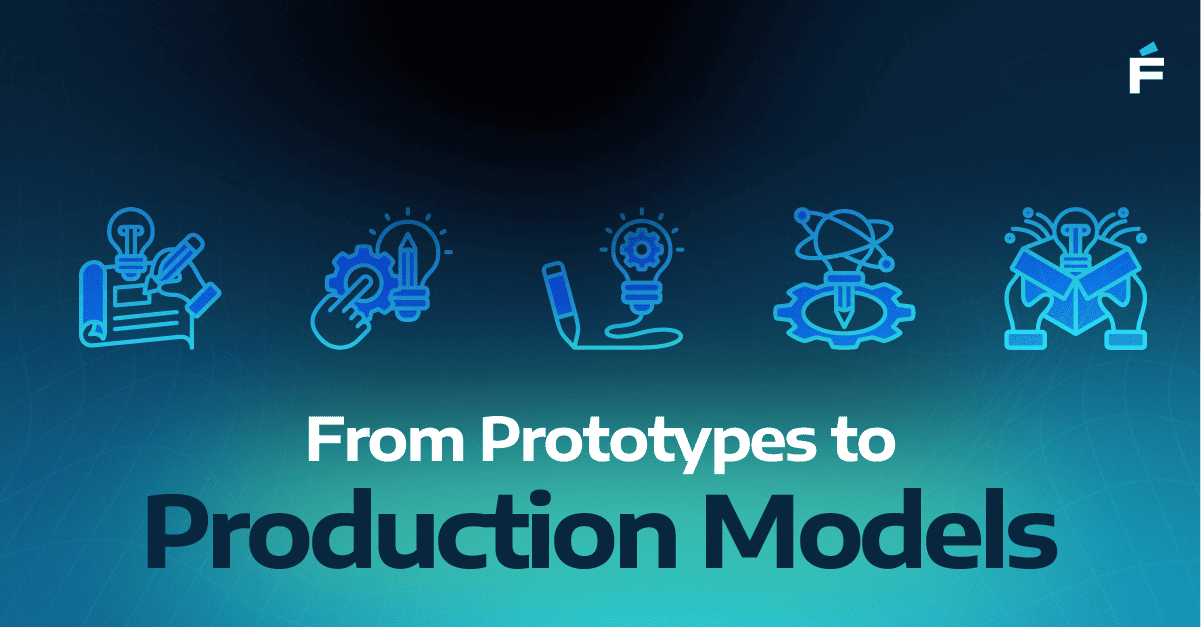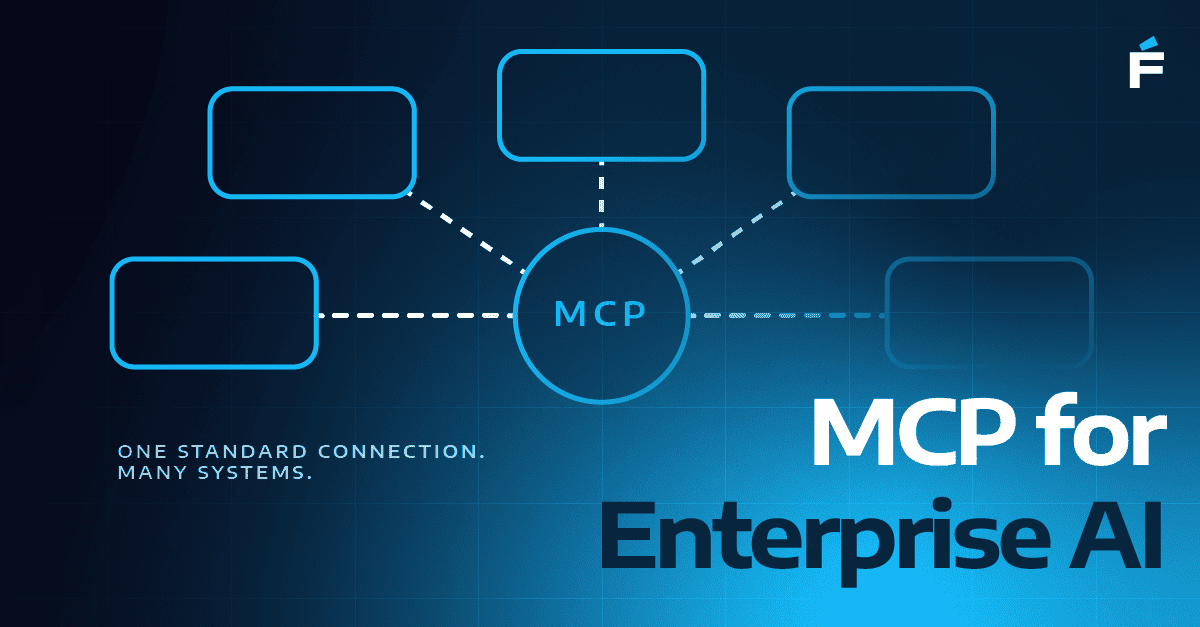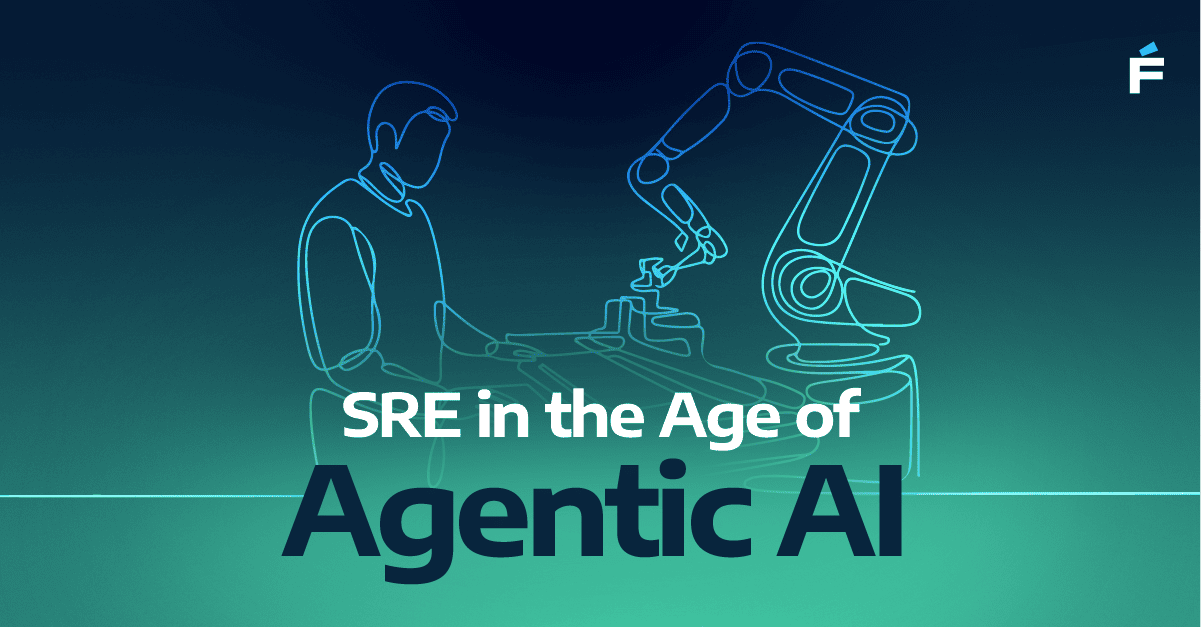This means that a recommendation in February of one year may differ from March of the same year, given shifts in the macroeconomic environment. Next best action enables financial advisors to make recommendations based on current financial trends and market conditions, combined with clients’ recent financial activity and overall goals.
More Ways That AI Makes Financial Advisors More Effective
By training genAI on data that includes market trends, financial behaviors, and economic indicators, it can generate meaningful insights and recommendations that are tailored to individual clients. Financial advisors can provide advice that is data-driven and personalized, enhancing the quality and responsiveness that their services provide. Consider the following benefits:
- Personalized Financial Planning: By analyzing a client's financial history, spending habits and investment preferences, genAI can help advisors create highly personalized financial plans. These plans evolve as the AI continues to learn from the client's financial behavior and changing market conditions.
- Risk Assessment and Management: Financial advisors can recommend strategies for risk management that are tailored to the client's specific situation, thus safeguarding their investments and financial health.
- Real-time Market Insights: Financial markets can be volatile. GenAI can process market data in real-time, providing financial advisors with up-to-the-minute insights. This enables them to advise clients on immediate actions, such as buying, selling, or holding assets based on current market conditions.
- Predictive Analytics for Financial Products: GenAI can predict which financial products or services a client might need in the future. Recommendations can be generated from a comprehensive understanding of the client's financial journey and goals, and the financial products they interacted with in the past.
- Automated Portfolio Management. Machine learning models can build and manage investment portfolios using predefined rules and objectives. They can automatically rebalance portfolios to optimize performance and manage risk based on real-time market conditions. This enhances the efficiency of financial advisors and ensures that investment portfolios remain aligned with their objectives and risk preferences.
- AI-powered Customer Interactions. AI-powered chatbots can handle responses to routine customer inquiries and assist with account management. By automating repetitive tasks, financial advisors can focus on more complex or strategic tasks. Automation can improve response times, provide 24/7 support, and enhance overall customer experience. Clients will appreciate the quick and effective service, enabling financial advisors to achieve higher customer satisfaction ratings.
- Regulatory Compliance. Financial advisors can ensure regulatory compliance using AI systems. By monitoring real-time data and communications, AI can flag potential compliance issues and alert financial advisors to investigate or take action. This automation helps financial advisors mitigate risks by complying to industry regulations.
Conclusion
AI solutions can enhance the efficiency and effectiveness of financial advisors. By auto-generating personalized investment strategies, automating routine tasks, and providing real-time market insights, AI enables advisors to focus on high-value interactions with clients, which increases customer satisfaction and deepens trust.
AI systems can aid in risk assessment, compliance monitoring, and forecasting, ensuring advisors stay ahead in a rapidly evolving landscape. Financial advisors who embrace these technologies will not only streamline their operations but also offer a more effective, data-driven advisory service.





